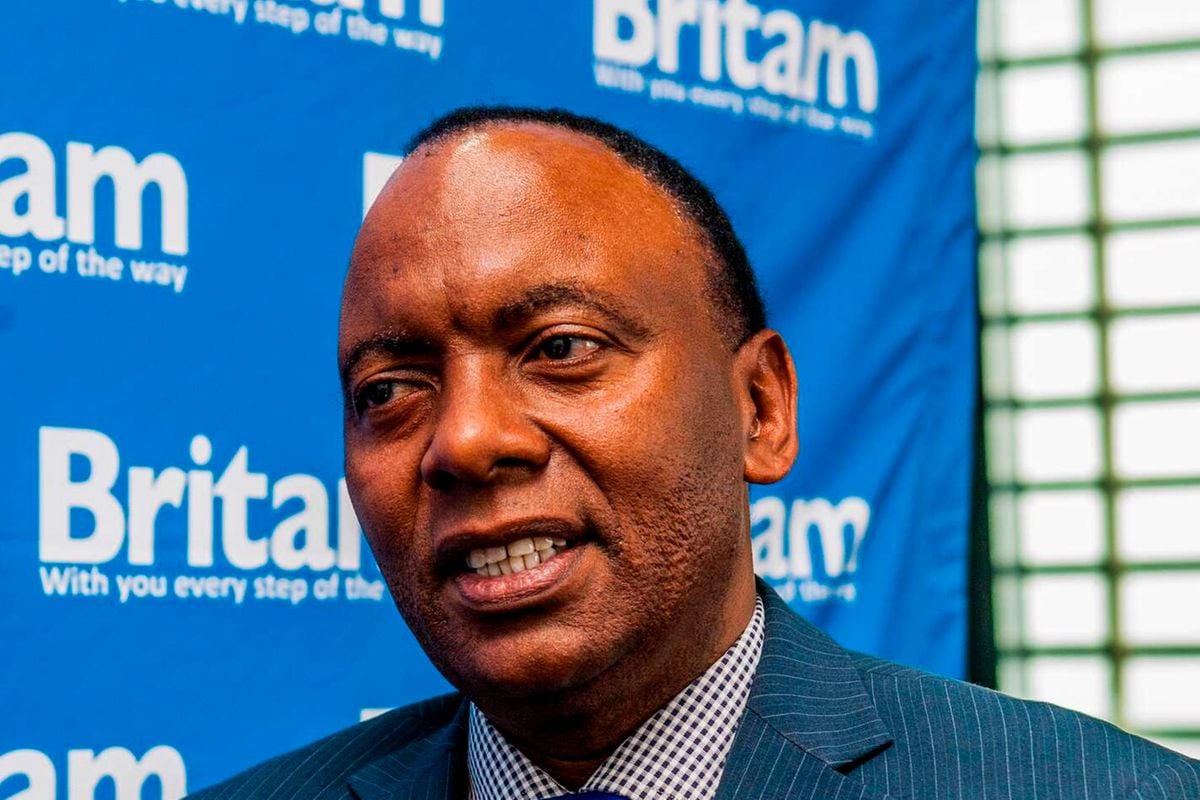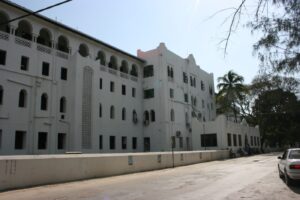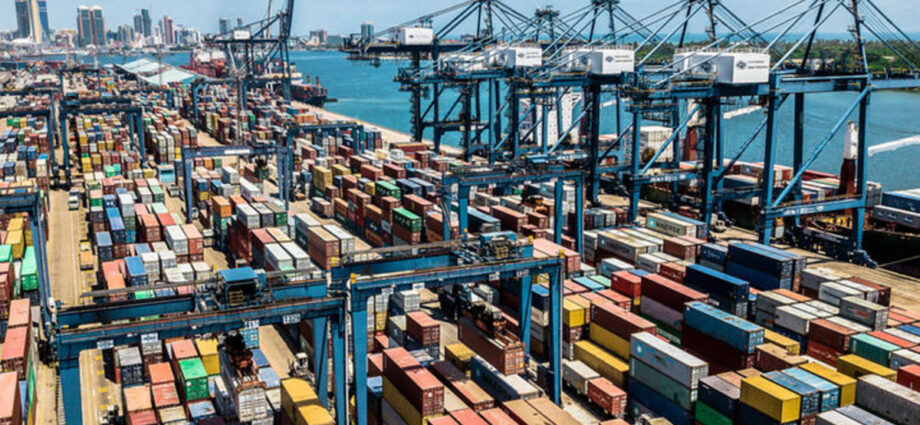TANZANIA INVESTMENT NEWS
The potential of the Dar es Salaam port is unquestionable. The fact that it is being underutilized is also unquestionable. Now, how do we ensure that we maximize the capacity of the port moving forward?
The recent development concerning the decision by the Tanzania Ports Authority (TPA) to part ways with the Tanzania International Container Services Limited (Ticts), which has been the main handler of containers at berths eight to 11, offers perhaps an opportunity for the government to truly reflect on the future of the port and the role it can play in building the economy.
The Dar es Salaam Port is strategically located and offers services to countries such as the DR Congo, Malawi, Zambia, Rwanda, Burundi, and Uganda. However, the amount of cargo handled, whether through direct transit or an intermediary, is nothing to celebrate. A lot more can be achieved if strategies are aligned to boost the port’s capacity. But overall, the management and other logistical issues need to be cleared first if we are to achieve the dream of being the gateway to central, eastern, and southern Africa.
The TPA strategy to boost the capacities of the Dar es Salaam, Tanga, and Mtwara ports to handle 27.5 million tonnes of cargo by the 2024/2025 financial year is commendable. However, it pales in comparison to what our competitors, such as Mombasa Port, have in the pipeline, which is almost double the cargo capacity cited by TPA.
What this means is that our ambitions can be even higher if we are resolute in our plan to improve the performance of the Dar es Salaam Port. The five-year lease agreement that Ticts had with the TPA had its positives and negatives. We need to dwell on what worked and improve on those processes. However, when it comes to what didn’t work, a careful assessment needs to be undertaken in order to ensure we do not fall back into the same pit we came from.
Some Asian and Arabic countries are doing wonders with how they handle their ports. Take Singapore as a prime example: their government has managed to build one of the most productive ports in the world. And it didn’t take a miracle for that to happen; all it requires are clear plans, the will to execute them, and a team to do so.
In countries such as the United Arab Emirates, the main port located in Dubai contributes 30 percent of the nation’s GDP. Why can’t this be the case for Tanzania and the multiple ports we have? Something, somewhere, is not right.
Now that Ticts is said to be at the exit door, what plan do we have to make Dar es Salaam Port a regional powerhouse? Are we fully prepared to put the business-as-usual mentality aside and stay laser-focused on achieving economic transformation through trade and investment? These are some of the key questions we need the government to ponder as it’s about to open a new chapter at TPA.
The fact that Tanzania, blessed with an abundance of natural resources, including multiple waterways, has failed to take full advantage of such blessings for the benefit of the country and its people, remains one of the biggest failures to date.
Share this news
This Year’s Most Read News Stories

Britam half-year net profit hits Sh2bn on higher investment income

Insurer and financial services provider Britam posted a 22.5 percent jump in net earnings for the half-year ended June 2024, to Sh2 billion, buoyed by increased investment income.
The rise in half-year net profit from Sh1.64 billion posted in a similar period last year came on the back of net investment income rising 2.5 times to Sh13.27 billion from Sh5.3 billion.
“We are confident in the growth and performance trend that Britam has achieved, supported by its subsidiaries in Kenya and the region. Our business is expanding its revenue base while effectively managing costs,” Britam Chief Executive Officer Tom Gitogo said.
“Our customer-centric approach is fueling growth in our customer base and product uptake, particularly through micro-insurance, partnerships, and digital channels.”
The investment income growth was fueled by interest and dividend income rising 34 percent to Sh9.1 billion, which the insurer attributed to growth in revenue and the gains from the realignment of the group’s investment portfolio.
Britam also booked a Sh3.79 billion gain on financial assets at a fair value, compared with a Sh1.8 billion loss posted in a similar period last year.
The increased investment income helped offset the 12.7 percent decline in net insurance service result to Sh2.13 billion in the wake of claims paid out rising at a faster pace than that of premiums received.
Britam said insurance revenue, which is money from written premiums, increased to Sh17.8 billion from Sh16.6 billion, primarily driven by growth in the Kenya insurance business and regional general insurance businesses, which contributed 30 percent of the revenue.
The group has a presence in seven countries in Africa namely Kenya, Uganda, Tanzania, Rwanda, South Sudan, Mozambique, and Malawi.
Britam’s insurance service expense hit Sh13.6 billion from Sh11.3 billion, while net insurance finance expenses rose 2.6 times to Sh12.3 billion during the same period.
“Net insurance finance expenses increased mainly due to growth in interest cost for the deposit administration business driven by better investment performance. This has also been impacted by a decline in the yield curve, which has led to an increase in the insurance contract liabilities. The increase has been offset by a matching increase in fair value gain on assets,” said Britam.
Britam’s growth in profit is in line with that of other Nairobi Securities Exchange-listed insurers, which have seen a rise in profits.
Jubilee Holdings net profit in the six months increased by 22.7 percent to Sh2.5 billion on increased income from insurance, helping the insurer maintain Sh2 per share interim dividend.
CIC Insurance Group posted a 0.64 percent rise in net profit to Sh709.99 million in the same period as net earnings of Liberty Kenya nearly tripled to Sh632 million from Sh213 million, while Sanlam Kenya emerged from a loss to post a Sh282.2 million net profit.

CCM ready to task state organs on Zanzibar Airport deal
Ruling party Chama Cha Mapinduzi-Zanzibar has said it is ready to task state organs to investigate some of the claims against its government that have been raised by opposition politicians on the Abeid Amani Karume International Airport (AAKIA).Continue Reading

Huduma Zimezorota Hospitali Ya Rufaa Mnazi Mmoja Zanzibar
Huduma katika Hospitali ya Rufaa ya Mnazi Mmoja Zanzibar zimezidi kuzorota huku wananchi wengi wakilalamikia uongozi wa Hospitali hiyo na watendaji wake.Continue Reading











